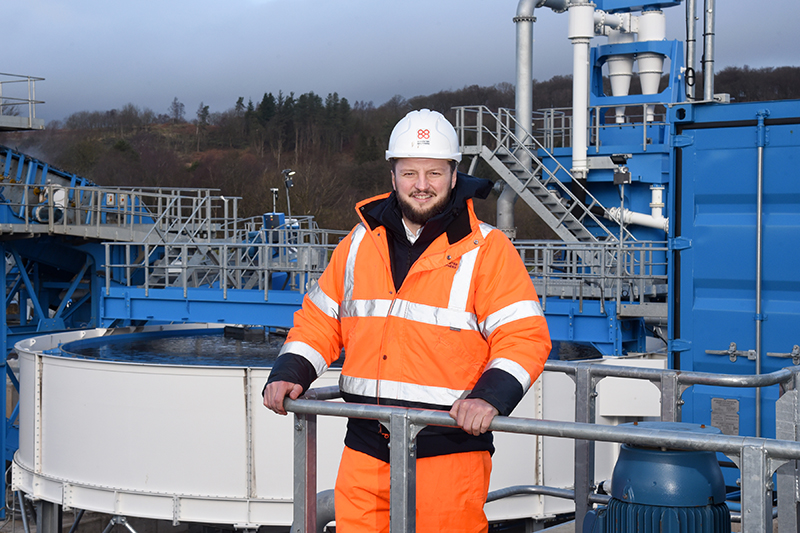World
Scotland’s construction industry faces ‘aggregates crisis’ within 15 years | Project Scotland

SCOTLAND’S construction sector is at ‘tipping point’, with less than 15 years’ worth of sands and aggregates left to quarry.
That’s the view of award-winning Brewster Brothers, which has diverted almost one-and-a-half million tonnes of construction waste from landfill in recent years.
The company said it is imperative for the industry to move toward a more circular model, as the current permitted reserves in Scotland’s quarries will run out by the mid 2030s.
The most recent Aggregates and Minerals Survey done by the Scottish Government suggested that in 2019, there was only 18 years’ worth of sand and gravel left in Scotland’s quarries. The amount of recycled sand and aggregates supplied is on the rise, but can still grow enormously.
The most recent report into how widespread the use of recycled aggregates is in Britain comes from the Mineral Products Association. Their report revealed that in 2022, only 30% of the aggregates used were recycled.
Brewster Brothers’ wash plants transform 100% of the excavated soils and rubble they process from the construction industry into high-value aggregates for reuse.
The business said any move toward the construction, demolition and excavation industries recycling more would be significant for Scotland’s net zero targets and circular economy ambitions. It believes there are two mechanisms that could soon tip the balance in the right direction.
SEPA recently consulted on its draft Integrated Authorisation Framework, which aims to provide a common framework for environmental authorisations in Scotland. Brewster Brothers said this represents a ‘huge opportunity’ to drive more excavation waste up the waste hierarchy towards recycling, creating an increase in the supply of recycled aggregates
Secondly, the newly devolved Scottish Aggregates Tax could be set at a rate that incentivises everyone in construction to choose recycled sands and aggregates over their virgin equivalents. The devolved Scottish Aggregates Tax (SAT) is at Stage 3 of its journey through parliament, and will replace the UK Aggregates Levy.
In a similar way to the UK Levy, SAT will put a small charge on the purchase of virgin sands and gravels. The current UK Levy is set at a rate that only makes virgin sands and gravels the same price as their recycled equivalents, whereas Brewster Brothers hopes the new Scottish Tax will be set at a higher rate, giving a financial incentive to designers, procurers and contractors to choose recycled aggregates.
Scott Brewster, MD of Brewster Brothers, said, “With less than 15 years’ worth of sands and gravels left in Scotland’s quarries’ permitted reserves, this is a tipping point for Scotland. Either we can choose to open up more of the country to quarrying, or we can encourage the construction sector to recycle more of the waste products from excavation, and to buy recycled sands and aggregates to build with.
“At the moment, the waste hierarchy and duty of care is far too optional, and rather than recycling being mandatory, it is requested ‘where possible’ in planning and building regulations.
“The country also needs to use the Scottish Aggregates Tax as a springboard to incentivise further use of recycled aggregates and make them more competitive than their virgin equivalents. We have a huge opportunity here. According to SEPA, just 28% of UK aggregate demand is currently met with recycled aggregates. In Scotland, that number is 20%.”





